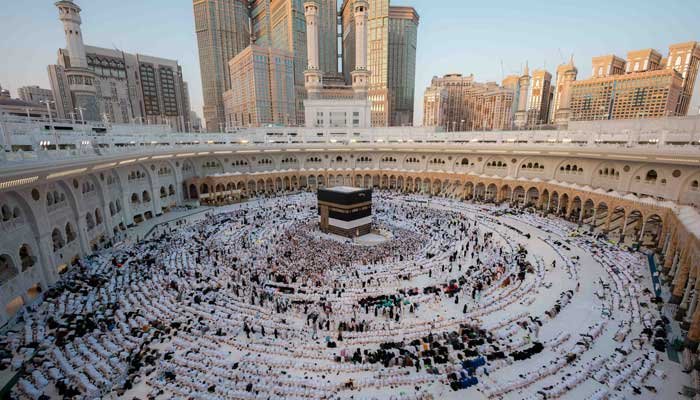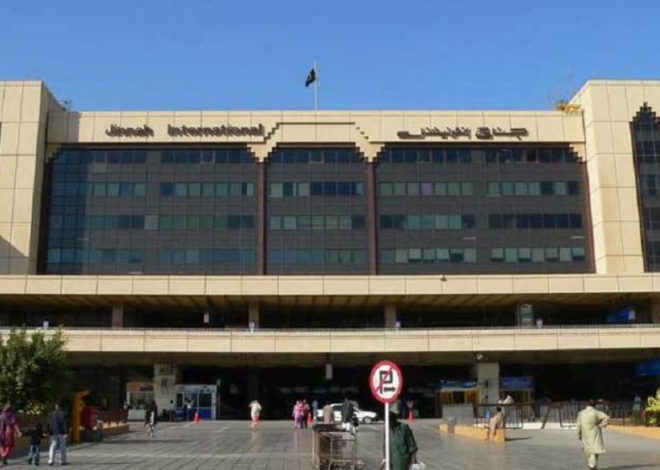
Hajj Health Restrictions: Saudi Arabia Announces Strict Health Rules for Hajj 2026
Major Policy Shift to Protect Pilgrim Safety
The Saudi government has introduced strict new health regulations for the Hajj 2026 pilgrimage, marking one of the most significant policy shifts in recent years. These measures aim to prevent life-threatening medical emergencies by restricting individuals with serious health conditions from performing Hajj. With millions of Muslims gathering annually in Makkah, ensuring the safety of pilgrims has become a growing challenge for authorities. The new rules focus on reducing the risks faced by vulnerable worshippers, especially those whose medical conditions limit mobility, stamina, and physical endurance.
Restrictions for Patients with Critical Health Conditions
Under the new guidelines, individuals suffering from advanced and life-limiting illnesses are no longer eligible to participate in Hajj. This includes patients with severe heart diseases, advanced lung or liver conditions, and chronic kidney disease requiring dialysis or extensive medical support. Such illnesses are known to significantly impair physical activity and increase the chances of complications during the strenuous rituals of pilgrimage.
Additionally, the regulations prohibit those dealing with neurological disorders, severe psychiatric illnesses, and memory loss conditions, including advanced Alzheimer’s disease. These conditions may hinder a pilgrim’s ability to follow instructions, maintain awareness of surroundings, and manage the physically demanding aspects of Hajj. Saudi authorities emphasize that the decision prioritizes the safety and dignity of individuals who may struggle to withstand the intense environment.
Contagious Diseases and Pregnancy Also Included in the Ban
The health policy extends restrictions to individuals who carry contagious diseases such as Tuberculosis and whooping cough. Close contact among millions of pilgrims increases the risk of widespread infection, making preventive measures essential for public health. Expectant mothers have also been advised against participating in Hajj 2026. Pregnant women, especially those with complicated pregnancies, face higher chances of health risks due to heat, dehydration, and continuous physical exertion required throughout the pilgrimage.
Authorities clarify that these restrictions are not intended to deny spiritual rights but to safeguard the wellbeing of pilgrims and prevent preventable tragedies.
Deportation Measures and Verification of Medical Certificates
Saudi Arabia has further announced that seriously ill individuals who attempt to bypass these guidelines and still travel for Hajj will face deportation. Such pilgrims will be responsible for their own travel and medical expenses. The policy aims to discourage unsafe travel and reinforce adherence to health rules before leaving their home countries.
In efforts to combat medical fraud, the government will also take strict action against doctors who provide false fitness certificates. Saudi monitoring teams are being deployed to thoroughly assess the medical documentation of all incoming pilgrims. The verification process will ensure that only physically fit individuals are granted entry, reducing the burden on medical facilities and minimizing emergency incidents during Hajj.
The updated health policy signals Saudi Arabia’s commitment to maintaining a safer and more controlled pilgrimage environment. With millions expected to attend in the coming years, these regulations address the growing need for medical accountability and proactive protection of pilgrims’ health.







